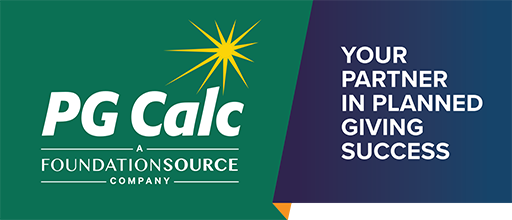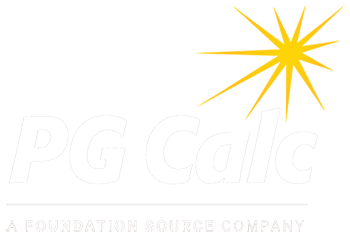It may be time to act upon your resolution to increase and strengthen your donor recognition program. We all know how important recognition is - it's our opportunity to acknowledge, to thank, and to celebrate the donors for their trust in, and commitment to, the charity's mission. But recognition of planned giving donors often won't happen through conventional donor recognition channels. That is where a heritage society comes in.
Why a Heritage Society?
Including planned giving donors in outright giving clubs raises difficult issues regarding how to value and credit planned gifts. A commonly-adopted option is to establish a special society known, generically, as a "heritage society."
A heritage society helps ensure that planned giving donors receive recognition and are thanked systematically. Their decision to make a deferred gift (which is, after all, revocable in many instances) is reinforced by being part of a group and by connecting them with other far-thinking individuals. In addition, a heritage society can be a very helpful way to initiate conversations with prospects about their legacy planning and possible future gifts to your charity.
Who Can Join?
Since one of the underlying purposes behind the society is to strengthen relationships with your charity, it will be to your advantage to be generously inclusive. In that spirit, all donors who make a future financial provision for the charity should qualify for the society. This means any donors who establish life income arrangements (charitable trusts, gift annuities), arrange for retained life estates, or donate life insurance policies (all irrevocable) as well as those providing for bequests or naming your charity as a beneficiary of their retirement plans or life insurance policies (revocable). The common theme of these donors is their belief that providing for the future of the organization is important.
Two things follow from this inclusiveness. First, required "proof" of a gift should be minimal. Any written or verbal indication of a commitment should be sufficient; more formal documentation may follow but it doesn't really matter whether it does or not. Very rarely will a donor tell you they have made this type of gift when they haven't. Second, there should not be a minimum required gift size. By their very nature, bequest gifts in particular are difficult to "value" and to "credit" and may even vary over a donor's lifetime (for example, a gift of a stated percent of the donor's residual estate). No purpose is achieved by excluding a deferred gift donor.
How To Get Started
Consider a charter membership period as a way to encourage donors who have already included your charity in their estate plan to reveal their gift intentions, draw attention to your new program, add a bit of urgency by publishing a deadline, and give special recognition to those who are committed, "early" investors.
Publish an announcement of your new program in your newsletter, send a mailing to all or a targeted portion of your constituency, and consider a special event to which you invite not only those who have already informed you of their deferred gifts but also prospects. Indicate when you plan to make the first public announcement of the charter membership.
Once Begun, Then What?
Look for ways to grant public recognition to members of your society - articles for your charity's newsletter, annual report, and web site; announcements at public events or ceremonies; donor lists in print or physically presented on a donor wall.
Include society members in events at the charity. This often takes the form of an annual gathering of society members, such as a luncheon. The main purpose of this event is to recognize and thank donors, and allow them an opportunity to meet like-minded supporters. Indicate the importance of their gifts by having the trustees/directors and Executive Staff attend. But don't limit the activities of your society here. Consider these donors to be major donors and look for opportunities to include them in other important events such as annual meetings, building openings, receptions for new leaders, award ceremonies and such. Look for ways to identify them as society members at these events.
Mementos or token gifts can serve to remind a donor of your charity and serve as evidence to others that he or she supports you. Small gifts can provide you with an opportunity to meet and visit with your donor and begin to develop a relationship. Also consider a certificate of membership and/or a society pin for the donor to wear.
Send an "Insider's Report" once or twice a year that gives your members the "inside scoop" or perhaps a personal perspective on something happening at the charity. These should be from someone high in the organization and could be sent on society letterhead to reinforce the feeling of belonging to a community of special donors.
And, of course, don't forget that the very best recognition is often regular personal contact, to the extent time permits and donors allow, with your society members through letters, visits and phone calls.
Conclusion
When a donor makes a deferred gift to your charity, it is often the single largest, most thoughtful charitable gift in the donor's lifetime. When you are remembered in his or her will, a donor has in some respects elevated your cause to the status of family. A fitting response by your charity is to honor the donor and express continued appreciation for his or her support. A heritage society is a great way to accomplish this - get your year started off right by creating or energizing your charity's society now!

